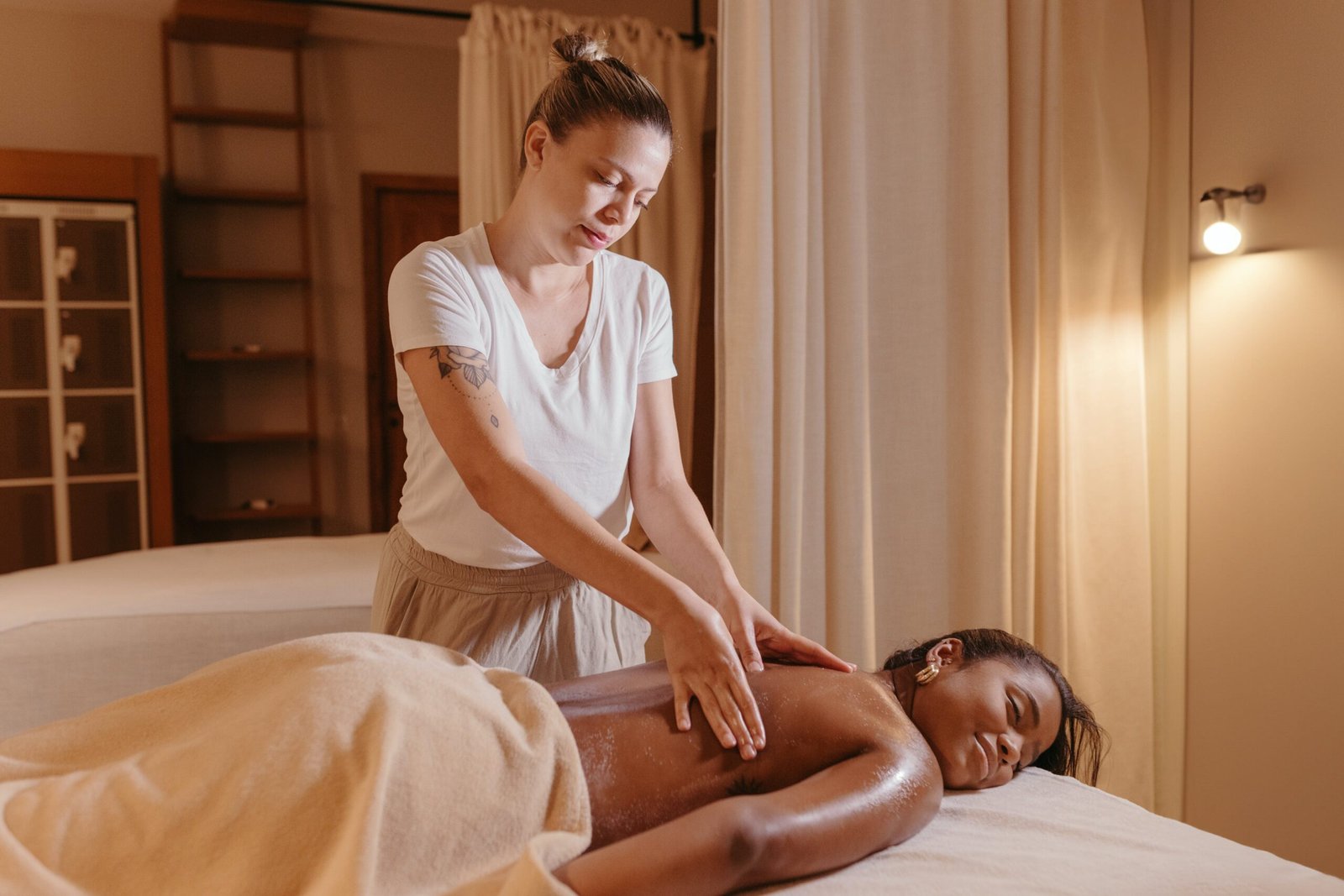
Have you ever experienced a restless night’s sleep due to unbearable upper arm pain? If so, you’re not alone. In this article, we will explore the possible causes of upper arm pain that specifically occur during the night. From overuse injuries to underlying medical conditions, uncovering the source of your nighttime discomfort can help you find relief and improve the quality of your sleep. So, if you’re tired of tossing and turning, let’s delve into the world of upper arm pain at night and discover the solutions that lie ahead.

Causes of Upper Arm Pain at Night
If you often find yourself waking up at night with aching upper arms, you’re not alone. Many people experience upper arm pain that disrupts their sleep and can even affect their daily activities. Understanding the potential causes of this discomfort is the first step towards finding relief. Here are some common reasons why your upper arm might hurt at night.
Muscle Strain
Overuse or Repetitive Movements: One of the leading causes of upper arm pain is muscle strain. This occurs when the muscles in your upper arm become overstretched or torn due to repetitive movements or excessive use. Activities such as lifting heavy objects, playing sports, or even excessive computer use can strain the muscles in your upper arm.
Sleeping Position: Your sleeping position can also contribute to muscle strain and subsequent arm pain. Sleeping in awkward positions that put pressure on your upper arm muscles can lead to discomfort and pain, especially if you maintain the same position for extended periods.
Inadequate Warm-up: Failing to properly warm up before engaging in physical activities can increase the risk of muscle strain. Without a warm-up, your muscles are more susceptible to injury and pain, including upper arm pain.

Tendonitis
Overuse of Upper Arm Muscles: Tendonitis occurs when the tendons in your upper arm become inflamed due to repetitive movements. Overusing the muscles in your upper arm, such as through repetitive throwing or lifting motions, can strain and irritate the tendons, leading to tendonitis.
Injury or Trauma: An injury or trauma to the upper arm, such as a direct blow or fall, can also cause tendonitis. The damage to the tendons can result in inflammation, pain, and limited arm movement.
Age-Related Degeneration: As we age, our tendons undergo natural degeneration, becoming less elastic and more prone to injury. This age-related wear and tear can lead to tendonitis, causing upper arm pain, especially at night.
Bursitis
Inflammation of Bursa Sac: Bursitis refers to the inflammation of the small fluid-filled sacs known as bursae, which cushion and lubricate the joints. When the bursae in your upper arm become inflamed, typically due to repetitive arm movements, you may experience upper arm pain.
Repetitive Arm Movements: Engaging in repetitive arm movements, such as painting, throwing, or lifting, can put strain on the bursae in your upper arm. Over time, this strain can lead to bursitis and the accompanying nighttime arm pain.
Injury or Trauma: Like many conditions, bursitis can also result from an injury or trauma to the upper arm. If the bursae are damaged or irritated, inflammation can occur, causing discomfort that is often worse at night.

Frozen Shoulder
Unknown Cause: Frozen shoulder, also known as adhesive capsulitis, is a shoulder condition characterized by pain and stiffness. While the exact cause is unknown, it is believed to occur when the tissues around the shoulder joint become inflamed and restrict movement.
Adhesive Capsulitis: Adhesive capsulitis refers to the formation of adhesions or scar tissue within the shoulder joint. This can lead to a limited range of motion and intense pain, including in the upper arm.
Painful and Stiff Shoulder Joint: Frozen shoulder often manifests as pain and stiffness in the shoulder joint, which can radiate down to the upper arm. This discomfort is typically more pronounced at night, making it challenging to find a comfortable sleeping position.
Rotator Cuff Injury
Degenerative Changes: The rotator cuff is a group of muscles and tendons that surround the shoulder joint and help stabilize it. Over time, degenerative changes, such as thinning and weakening of the tendons, can occur, increasing the risk of injury and pain in the upper arm.
Acute Trauma: An acute trauma, such as a fall or a direct blow to the shoulder, can result in a rotator cuff injury. This can cause intense pain in the upper arm, especially during sleep when the arm is not actively supported.
Repetitive Overhead Movements: Repeatedly performing overhead motions, such as throwing a ball or lifting weights over the head, can strain the rotator cuff muscles and tendons. This repetitive stress can lead to injury and subsequent upper arm pain.
Shoulder Impingement
Compression of Tendons: Shoulder impingement occurs when the tendons in your shoulder rub against the surrounding structures, such as the acromion or other bones. This compression can irritate the tendons and cause upper arm pain, particularly at night.
Bone Spurs: Bone spurs, also known as osteophytes, can develop in the shoulder joint and contribute to impingement. These bony outgrowths can impede the smooth movement of the tendons, resulting in pain and discomfort, including in the upper arm.
Overhead or Repeated Arm Movements: Repeating overhead arm movements, such as painting, swimming, or throwing, can increase the risk of shoulder impingement and subsequent upper arm pain. The repetitive nature of these activities can exacerbate the compression of tendons and lead to symptoms at night.
Shoulder Dislocation
Acute Trauma or Injury: A shoulder dislocation occurs when the upper arm bone (humerus) pops out of its socket. This often happens due to a sudden impact or forceful rotation of the shoulder joint, resulting in severe pain and inability to move the arm.
Fall or Sports Activities: Falls or participating in sports that involve vigorous arm movements, such as basketball or weightlifting, can put you at risk of shoulder dislocation. The intense upper arm pain caused by a dislocation can occur both immediately after the event and during sleep.
Brachial Neuritis
Inflammation of Brachial Nerve: Brachial neuritis, also known as Parsonage-Turner syndrome, is a rare condition characterized by sudden, severe shoulder pain followed by weakness and atrophy of the affected arm muscles. It occurs due to inflammation of the brachial plexus, a network of nerves that transmit signals from the spine to the shoulder, arm, and hand.
Viral or Bacterial Infection: Brachial neuritis can be triggered by a viral or bacterial infection, such as a respiratory or gastrointestinal illness. The inflammatory response can affect the brachial plexus, leading to upper arm pain, weakness, and loss of sensation.
Autoimmune Disorders: Certain autoimmune disorders, such as Guillain-Barré syndrome or multiple sclerosis, can also cause brachial neuritis. The immune system mistakenly attacks the brachial plexus, resulting in inflammation and the accompanying arm pain.
Carpal Tunnel Syndrome
Compression of Median Nerve: Carpal tunnel syndrome is a condition that occurs when the median nerve, which runs through the wrist, becomes compressed. Although it primarily affects the hand and wrist, the pain can radiate up to the upper arm, especially at night.
Repetitive Hand and Wrist Movements: Engaging in repetitive hand and wrist movements, such as typing or using vibrating tools, can contribute to the development of carpal tunnel syndrome. The compression of the median nerve can cause discomfort that extends beyond the wrist, leading to upper arm pain during sleep.
Poor Ergonomics: Poor ergonomics, such as improper positioning of the wrist during work or sleep, can increase the risk of developing carpal tunnel syndrome. Maintaining incorrect wrist positions for extended periods can contribute to nerve compression and subsequent upper arm pain.
Thoracic Outlet Syndrome
Compression of Nerves or Blood Vessels: Thoracic outlet syndrome occurs when the nerves or blood vessels in the upper chest become compressed or irritated. This compression can lead to upper arm pain and a variety of other symptoms.
Poor Posture: Slouching or maintaining poor posture can contribute to thoracic outlet syndrome. When the shoulders round forward, it can narrow the space near the collarbone, leading to nerve and vessel compression that can result in upper arm pain at night.
Repetitive Arm Movements: Repetitive arm movements, such as those involved in activities like swimming or lifting heavy objects, can increase the risk of thoracic outlet syndrome. The repetitive stress on the upper chest area can compress the nerves and blood vessels, causing discomfort that may interfere with your sleep.
In conclusion, if you experience upper arm pain at night, it is essential to identify the underlying cause to effectively address the issue. Whether it be muscle strain, tendonitis, bursitis, frozen shoulder, rotator cuff injury, shoulder impingement, shoulder dislocation, brachial neuritis, carpal tunnel syndrome, or thoracic outlet syndrome, consulting with a healthcare professional will help you develop an appropriate treatment plan. By understanding the causes, you can take steps towards alleviating nighttime upper arm pain and improving your overall well-being.





